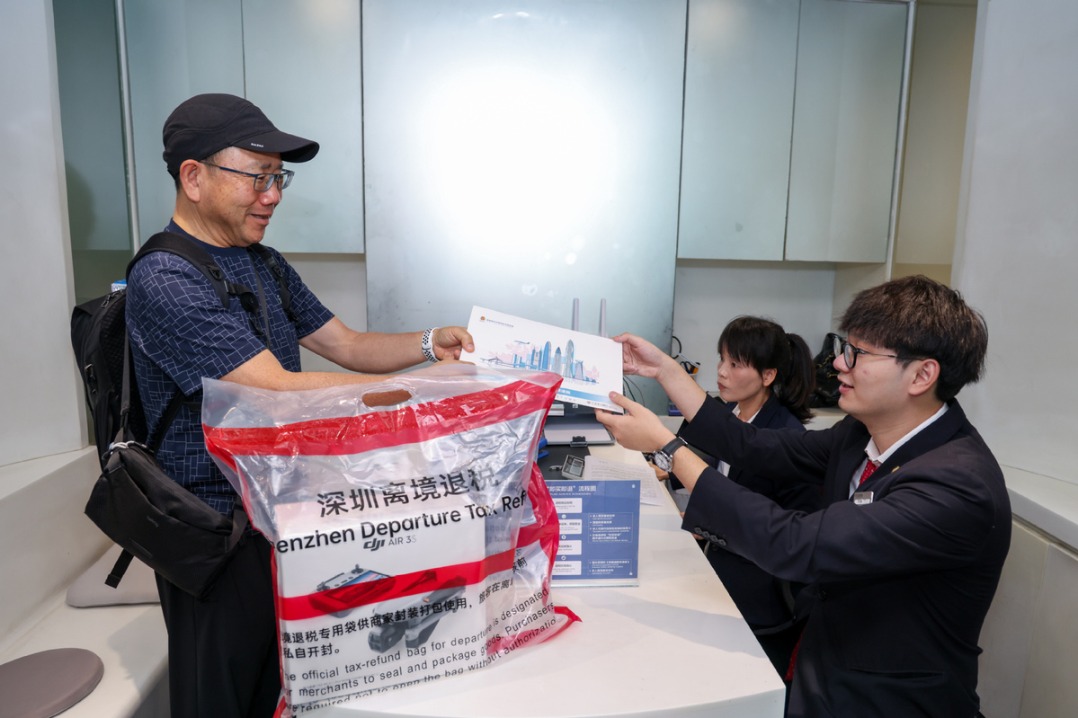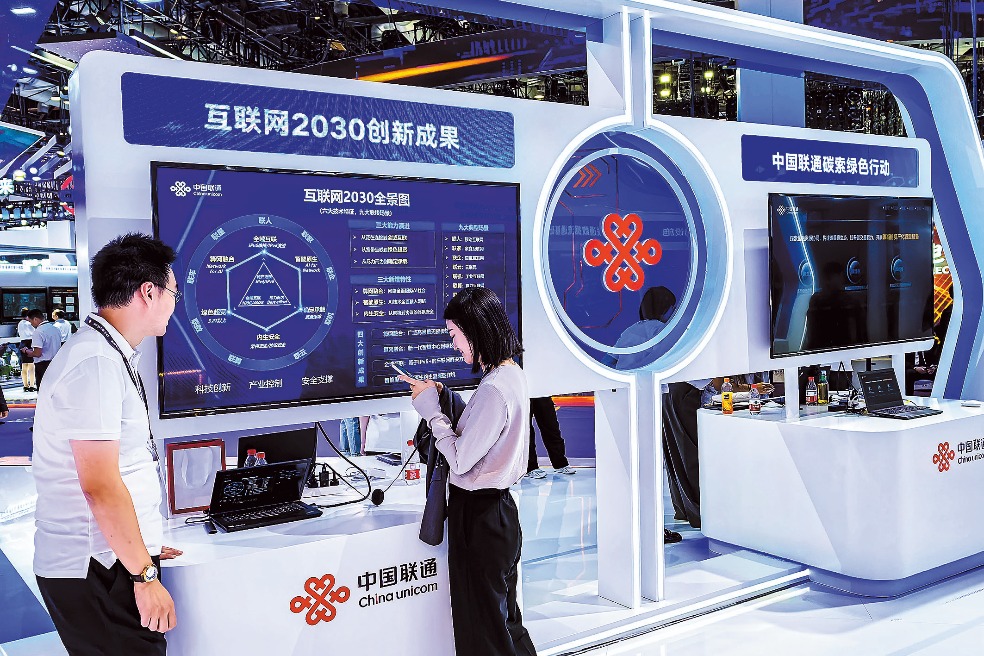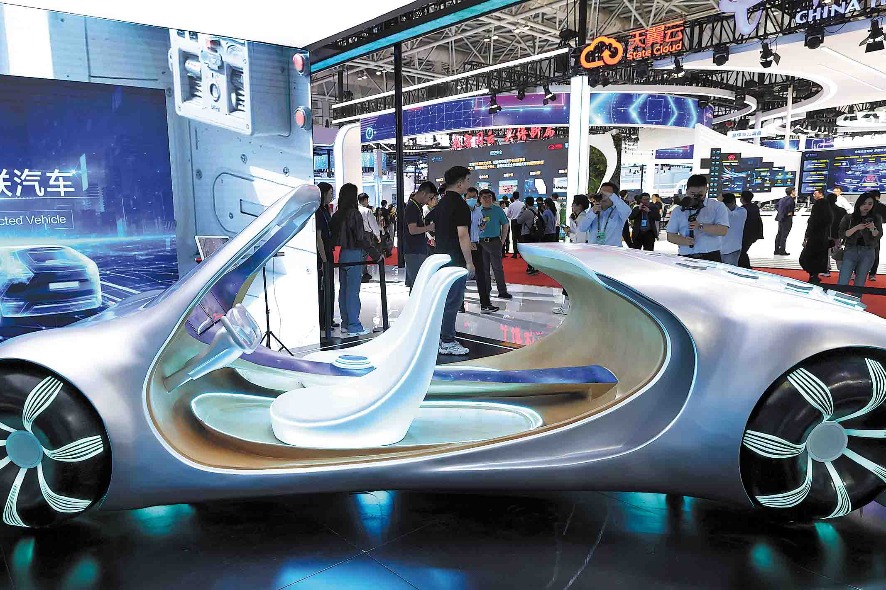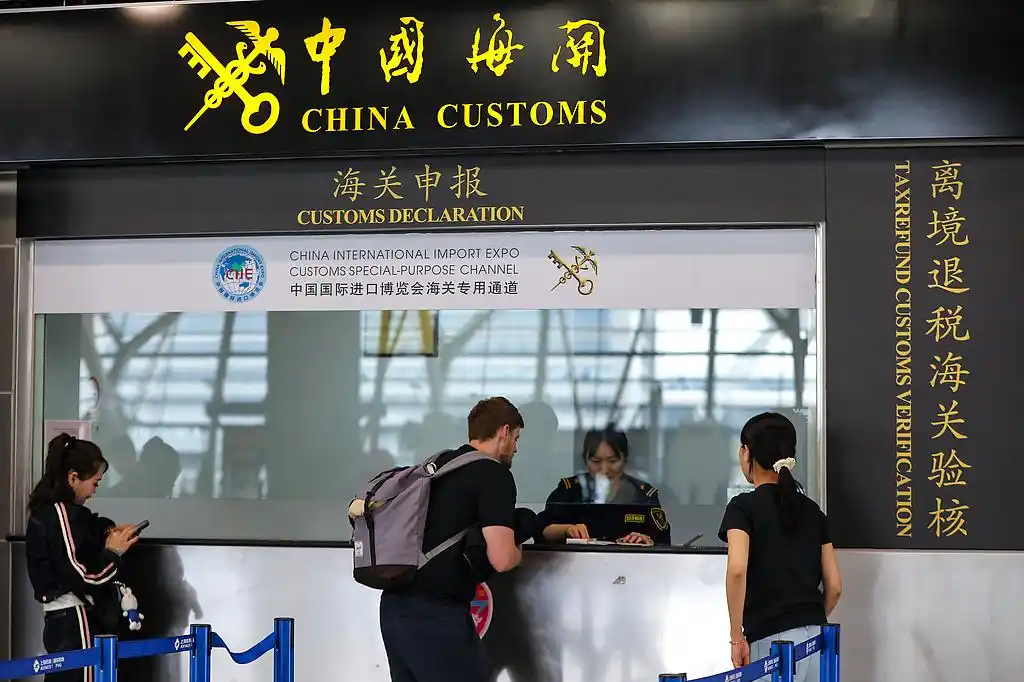HP hails China as 'pivotal' to its business

US tech company HP Inc has reiterated its long-term strategic focus on the Chinese market, emphasizing the country's critical role in its global manufacturing and innovation networks.
The announcement coincides with insights from Chinese tech giant Lenovo Group, which underscored the importance of global resource integration in navigating geopolitical uncertainties.
The latest remarks highlight China's utmost importance to every key company that wants to be globally competitive, and underscore the country's importance in stabilizing global supply chains amid challenges, experts said.
Jason Juang, HP senior vice-president and managing director of HP Greater China, reinforced China's enduring significance to the company's operations.
"Since entering China in 1983, HP has grown alongside the market for over 40 years. Despite global uncertainties, China remains pivotal to our business," Juang said.
He confirmed that HP will continue to prioritize localized strategies and refine its market approach to align with China's unique demands.
Addressing recent speculations about supply chain adjustments, Juang acknowledged that HP is adapting to geopolitical shifts but said, "China remains one of HP's most important global manufacturing hubs. Whether for PCs or printers, we aim to integrate localization into every product line.
"While some tariff-affected production for North America may shift, we will strive to maintain manufacturing in China wherever feasible," Juang said.
Aurelio Maruggi, president of office print solutions at HP, also said in an interview with China Daily that China is of "unparalleled importance" to the company's print division.
"China is not just critical — it's unique. The opportunities here are immense, but so are the distinct needs of local customers," Maruggi said.
Maruggi outlined HP's strategic evolution, shifting from importing globally developed products to designing solutions specifically for Chinese users.
According to Maruggi, the company will invest more in China-centric product design and development while strengthening sales efforts.
Meanwhile, as China moves up the value chain, the country is becoming more of an exporter than an importer of intermediate goods used by manufacturers elsewhere, helping strengthen the connectivity and thus the competitiveness of global supply chains, according to a report released by banking and financial services group HSBC earlier this year.
In Asia, intermediate goods imports from the Chinese mainland now account for an increasingly bigger part of all component imports on average, the report said. Furthermore, exporters in the Association of Southeast Asian Nations increasingly rely on components from the Chinese mainland rather than other sources.
Yang Yuanqing, chairman and CEO of Lenovo, also addressed concerns about tariffs and market volatility in a recent interview with China Daily, noting that while the impact of current tariffs on product pricing remains limited, "uncertainty" poses a greater challenge. Managing tariffs isn't new for Lenovo, and the company has adapted to similar policies elsewhere. "What we fear is unpredictability," Yang said.
Despite these challenges, Yang emphasized confidence in globalization's irreversible trajectory.
"Today's hurdles won't reverse global trends. Companies that succeed will be those integrating the world's best resources, not those confined to a single market," he stated.
Lenovo's global footprint — over 30 factories across more than 10 countries — enables flexibility in mitigating regional risks while maintaining production efficiency, Yang said.
Bai Ming, a researcher at the Chinese Academy of International Trade and Economic Cooperation, said that China possesses unmatched manufacturing capabilities, and the country's focus on innovation-driven growth strategies will further enhance its significance in fueling the expansion of global technology leaders, including companies like HP.




































